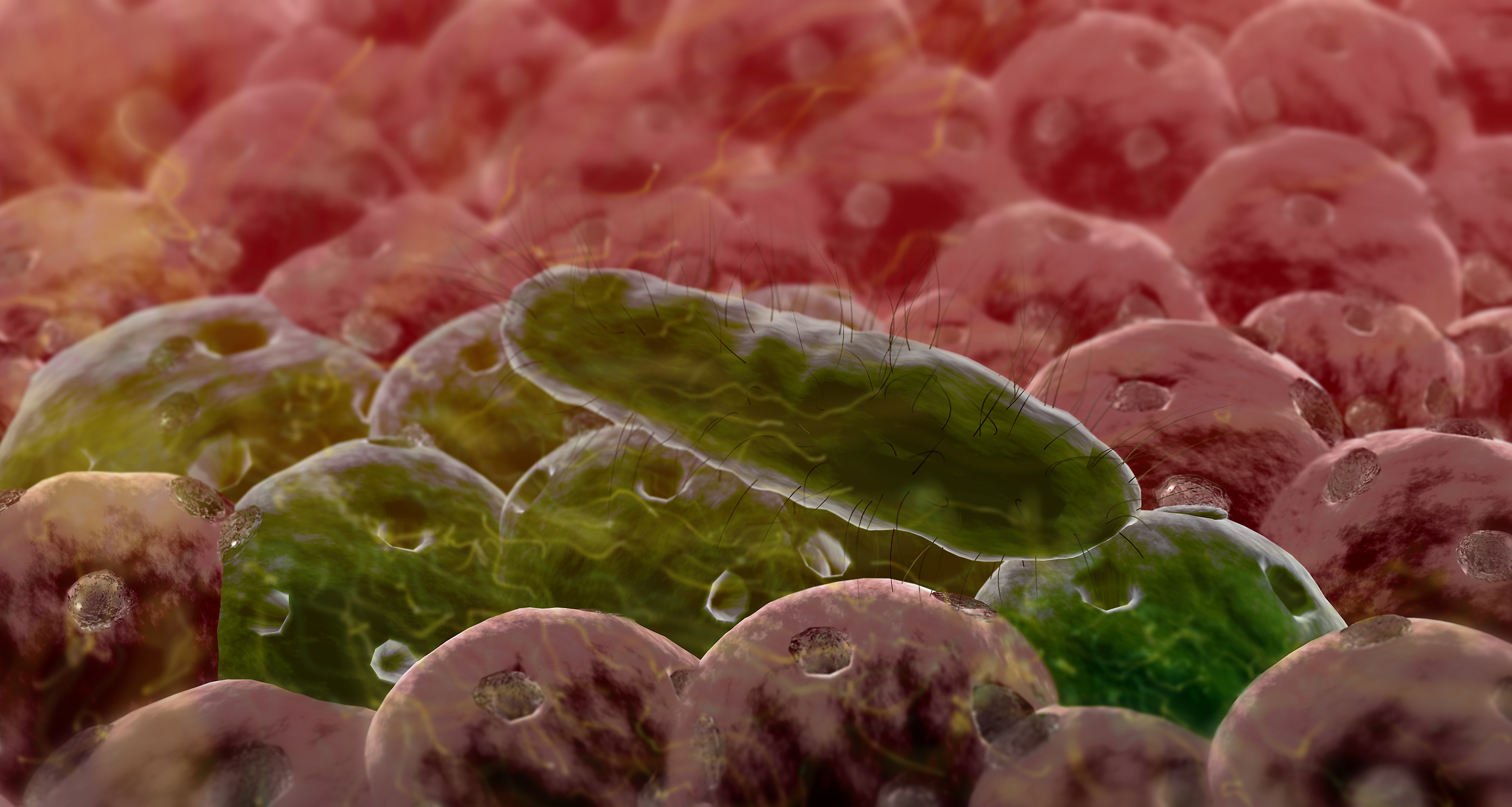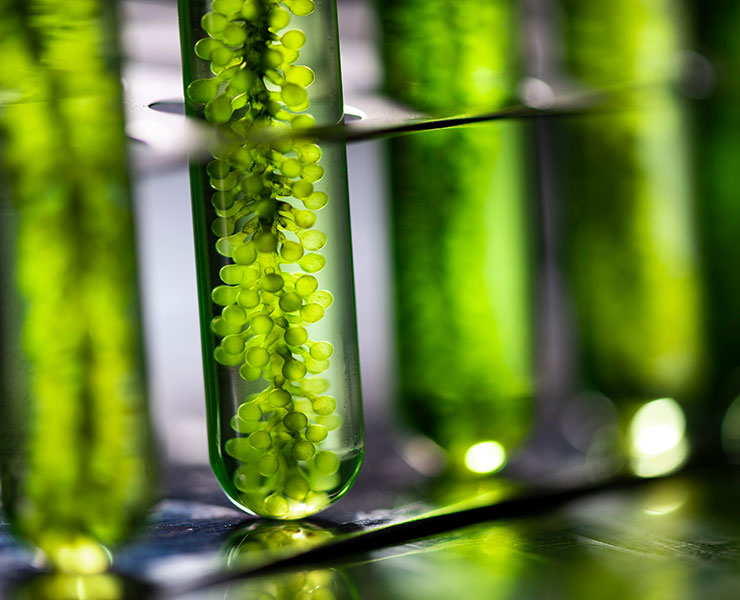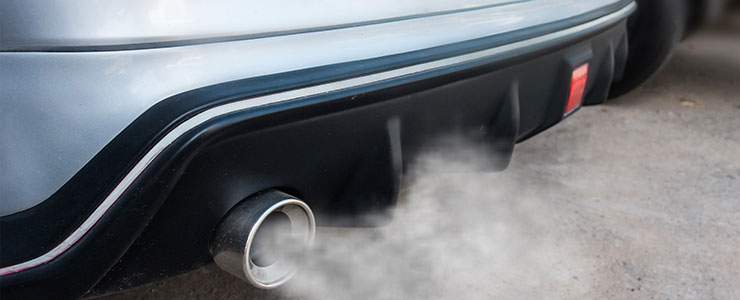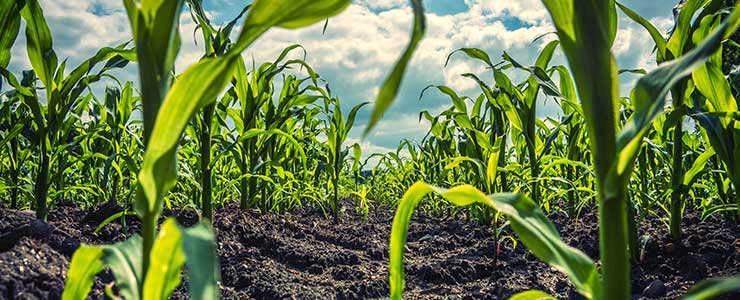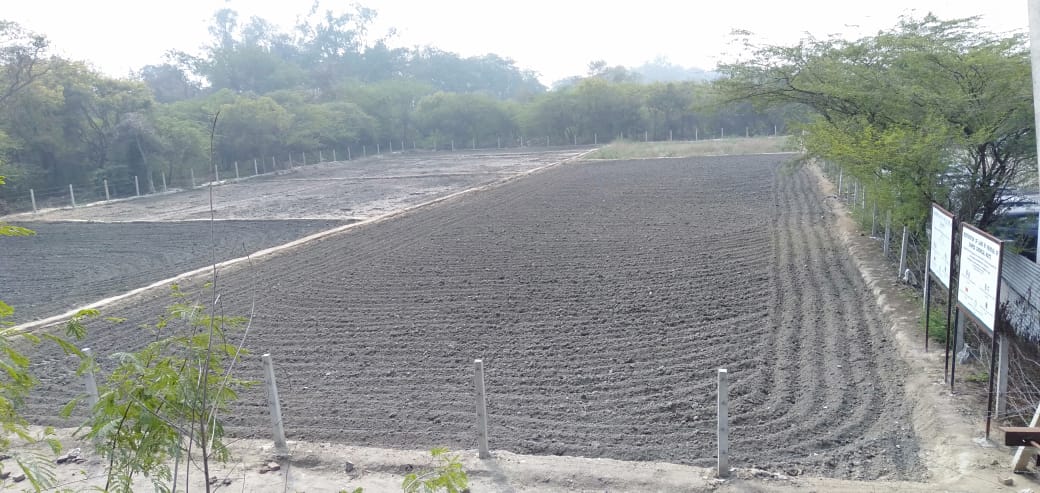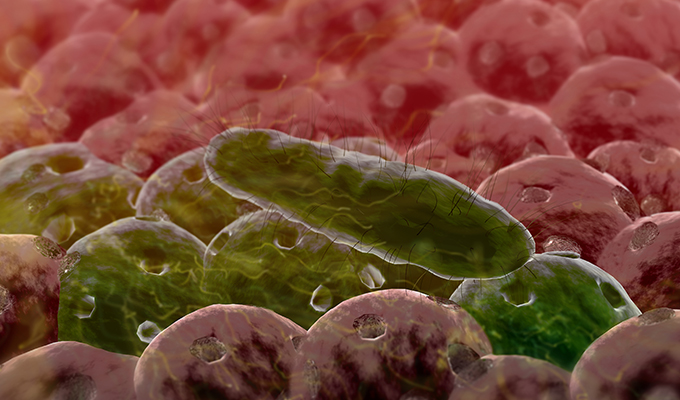Dr Sanjukta Subudhi: Associate Director and Senior Fellow, Advanced Biofuels Division, TERI
January 8, 2026 |
January 13, 2026
Renewable Watch
Dr Sanjukta Subudhi is a molecular microbiologist working as an Associate Director and Senior Fellow, and leading the Microbial Biofuels and Biochemical group at The Energy and Resources Institute (TERI), New Delhi.
Essar Oil & Gas invests in microbial technology to boost CBM production
May 8, 2023 |
June 14, 2023
The Economic Times
Essar Oil and Gas Exploration and Production Ltd (EOGEPL) announced its investment in Microbial eCBM technology to boost Coal be Methane (CBM) production, in a bid to improve operations. The unconventional hydrocarbon player said in a statement it has collobarated with The Energy & Resources Institute (TERI) and ONGC Energy Centre (OEC) to establish the potential of eCBM Microbial technology in the Raniganj-East Block of the company.
Antimicrobial resistance, a threat
November 29, 2017
,
| Deccan Herald
Antimicrobial resistance (AMR) has emerged as a global public health problem as antibiotics are becoming inefficient against a wide range of disease-causing pathogenic bacteria.
Invisible threat of antimicrobial resistance
November 16, 2017
,
| The Hindu Business Line
Antimicrobial resistance (AMR) has emerged as a global public health concern as antibiotics are becoming inefficient against a wide range of pathogenic bacteria. Rampant usage of antibiotics for human and veterinary purposes has resulted in the development of antibiotic-resistant bacteria (ARB) in the guts of humans and animals, which are subsequently released in to the environment.
Cleaning up the mess off Chennai coast
February 11, 2017
| Deccan Herald
The latest oil spill in the Chennai coast where two ships - BW Maple of UK and Dawn Kanchipuram of India - collided on January 28 resulting in spilling of 100 tonne of oil is the second such incident happening following collision of ships.
